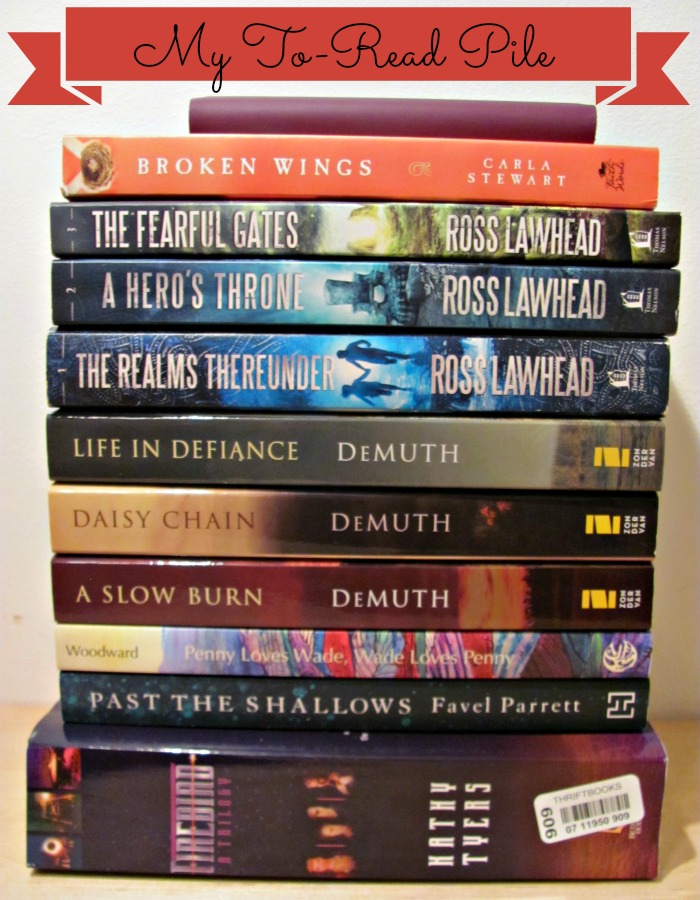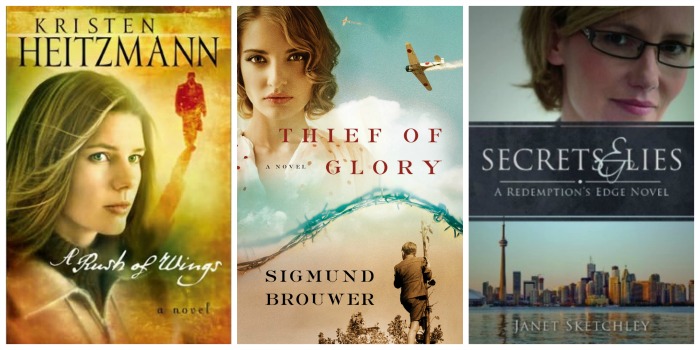I often have multiple books on the go at once. While I usually only read one novel at a time, I’ll frequently start several nonfiction books at a time. Which book I pick up, when I have a chance to sit down, depends on my mood. Recently, I got thinking about the difference between fiction and nonfiction and which I prefer to read.
My husband planned to see Avatar on the weekend with a friend, because, he said, he didn’t think I’d want to watch it. I said I honestly hadn’t heard that much about it and just assumed it was another action flick which, yes, I probably wouldn’t want to watch. So he looked up the trailer for me. And I wanted to watch it. I wasn’t disappointed, either.
Avatar was very good. I’d like to watch it again (soon, even) and have been thinking about ever since I watched it. It made me think of Eileen Astels’ comment that “it’s been far too long since I enjoyed reflecting on a good story and contemplating what it was about the story and characters that drew me in and continue to hold me to them long after the story end is complete.”

What is it about Avatar that had the theatres still packed and sold out several weeks after it’s release?
Eileen talks about the difference between fiction and nonfiction, and why fiction lives on in our minds while we so quickly forget what we learned in a nonfiction book. To me, that’s the difference between the emotional and the intellectual. Fiction hits us in our emotions; it draws us into the story, gets us involved, makes us love or hate, and in the end, has a powerful affect on us. Nonfiction often just speaks to our intellect, to things that we know we should do or not do—but find harder to put into effect.
For example, as I looked at my list of favourite books from 2009, I realized that a lot of them deal with tough issues. Drugs. Alcohol. Prostitution. Foster homes. Murder. Adultery. Domestic violence. Do I want to read a book about one of those topics? Probably not. But couch it in fiction, make me care about the characters and what happens to them, and along the way, I’ll learn something about how it feels to be in those situations.

Avatar takes place in a completely imaginary world, with mythical creatures and amazing special effects. Yet all the special effects would have had little impact upon the audience if the story didn’t also tug at heart strings. Most of us can identify with wishing to inhabit another body, to become somehow better than we are now, even if we don’t have an obvious handicap like Jake. There are many other themes in the movie that viewers can connect with, think about, return to.
Uwem Akpan could have written nonfiction about the plight of children in Africa. Instead, he wrote fiction—short stories. Stories that make us care about each of his characters and leave us crying at the end when there isn’t a fairy tale ending for them. Because he wrote fiction—and touched hearts—his book has become a best-seller, made the Oprah Book Club list, and been read by millions. Will it make a difference in Africa? I’m sure it will, because nobody who reads that book will forget those stories.
Do you prefer fiction or nonfiction? What book or movie has resonated emotionally with you lately?

No Responses Yet